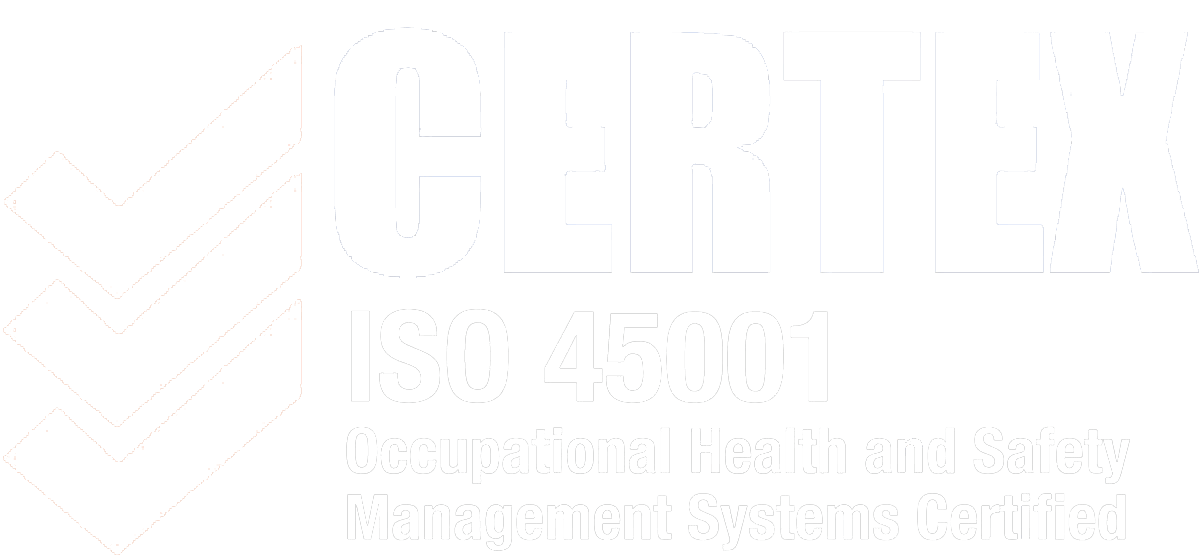Mitigating the risks associated with poor psychosocial health in the workplace.
In a world where the working population spends a significant portion of their lives at the workplace, it's not surprising that work-related stressors can have a profound impact on mental and physical health. One area of increasing concern involves psychosocial health stressors in the workplace.

But what is psychosocial stress? To understand this term, it's essential to delve into what psychosocial stressors are, some examples, and the risks associated with them.
Defining psychosocial health stressors.
The term "psychosocial" is a combination of 'psychological' (mind and emotions) and 'social' (relationships and environment). Therefore, psychosocial stressors encompass situations or events that challenge or disrupt an individual's psychological and social well-being. In the context of the workplace, these stressors can arise from various factors, including the nature of the work, the work environment, organisational culture, and interpersonal relationships.
Examples of psychosocial stressors
Several examples of psychosocial stressors can pervade the workplace environment, resulting in a myriad of challenges for employees. These include:
- Job strain: This occurs when an employee has high job demands but low control over their work. This imbalance can result in increased pressure and stress.
- Work-life imbalance: Long working hours, inflexible work schedules, and high job demands can interfere with an individual's personal life, leading to stress and dissatisfaction.
- Lack of support: Insufficient emotional and functional support from colleagues or supervisors can amplify feelings of isolation and stress.
- Workplace bullying or harassment: This includes any repeated negative actions or remarks that can lead to a hostile work environment.
The risks of psychosocial stressors
It's important to be cognisant of the psychosocial risks associated with these stressors. Unmanaged psychosocial stress can result in numerous detrimental effects, ranging from physical health issues like cardiovascular diseases, musculoskeletal problems, and compromised immune system, to mental health problems such as anxiety, depression, and burnout. It's also worth noting that high levels of psychosocial stress can impact workplace productivity and efficiency, leading to high employee turnover and low job satisfaction.
Managing psychosocial stressors in the workplace
Mitigating the risks associated with psychosocial stressors requires concerted effort from both organisations and individuals.
Organisations can:
- Promote a positive work environment: Foster a culture of respect and inclusivity to prevent bullying and harassment.
- Provide support systems: Offer access to resources like mental health services to help employees manage their stress and mental health.
- Encourage work-life balance: Implement policies that promote flexible working hours and limit overtime.
Individuals can:
- Take advantage of support services: Use resources such as counselling and wellness programs to manage stress and promote overall well-being.
- Practise self-care: Regular physical activity, a healthy diet, adequate sleep, and relaxation techniques can significantly reduce stress levels.
Understanding the nature of psychosocial stressors and psychosocial risk factors in the workplace is the first step to addressing these challenges.
Mitigating the risks associated with poor psychosocial health requires comprehensive strategies that engage both the employer and employee in fostering a supportive, healthy work environment. By recognising and addressing these issues, we can create a work environment that promotes not only productivity and efficiency, but also the holistic well-being of every employee.
Welcome to Drake WellbeingHub - helping people thrive.
We influence systemic change and manage workplace wellness by supporting individual, team and organisational wellbeing. Our goal is to ensure that everyone has access to the tools, resources and services they need to achieve complete wellbeing.
Whether you’re an individual struggling with poor psychosocial health or you represent an organisation looking to foster better health and wellbeing in your workplace, please don’t hesitate to speak with one of our friendly Wellness Consultants today.
 CA-EN
CA-EN UK
UK AU
AU US
US NZ
NZ PH
PH ZA
ZA SG
SG HK
HK






